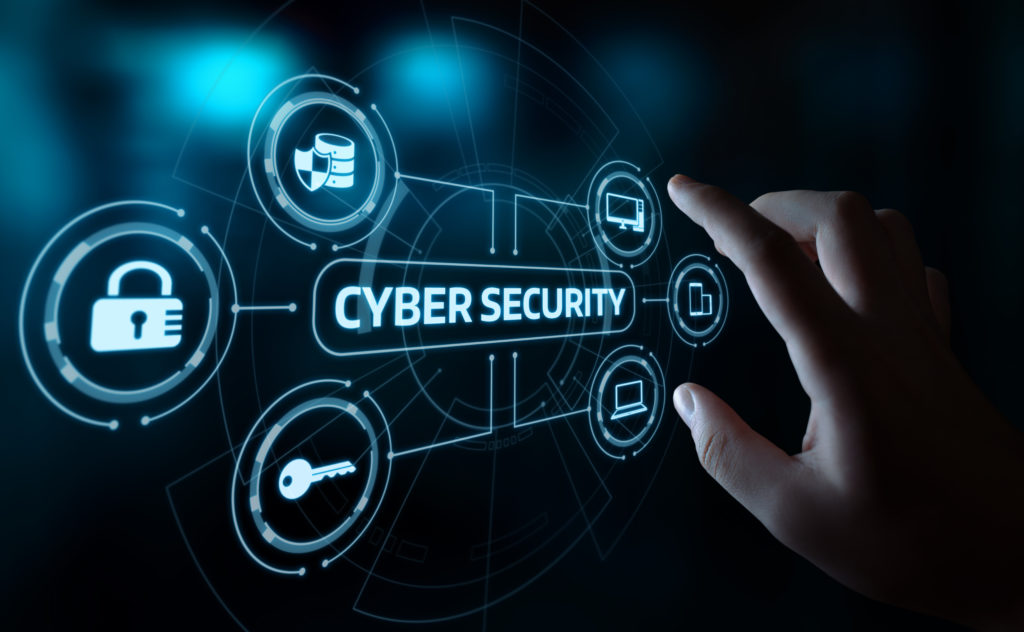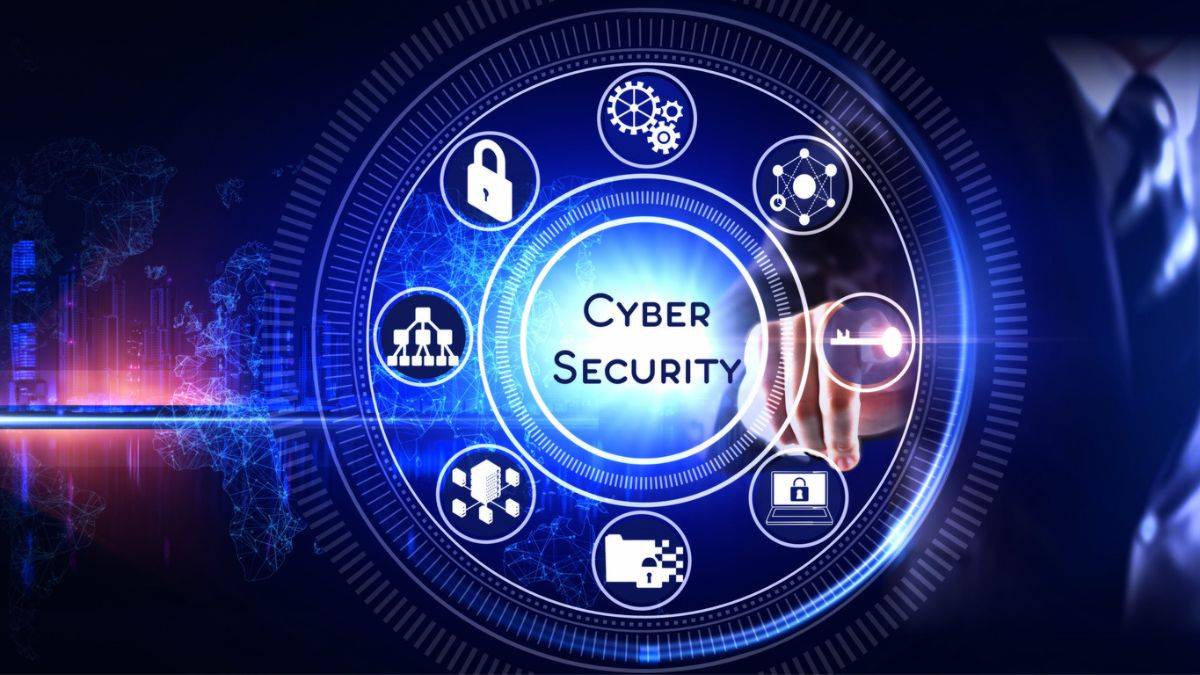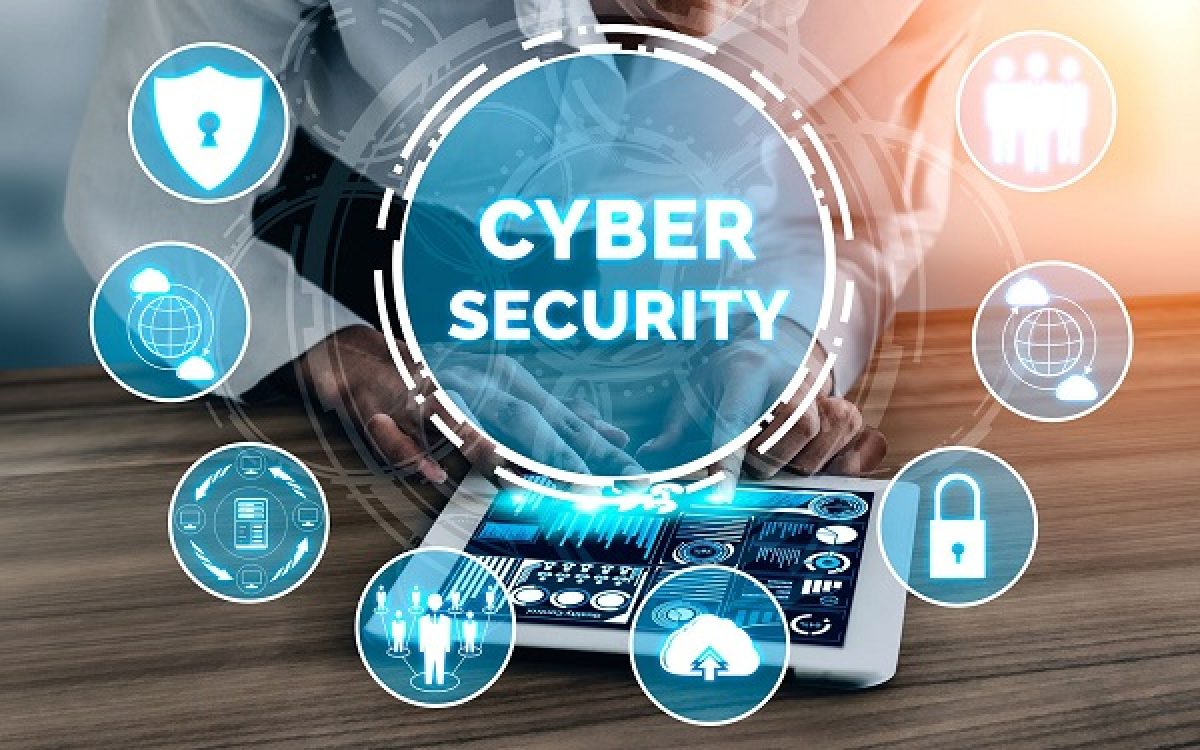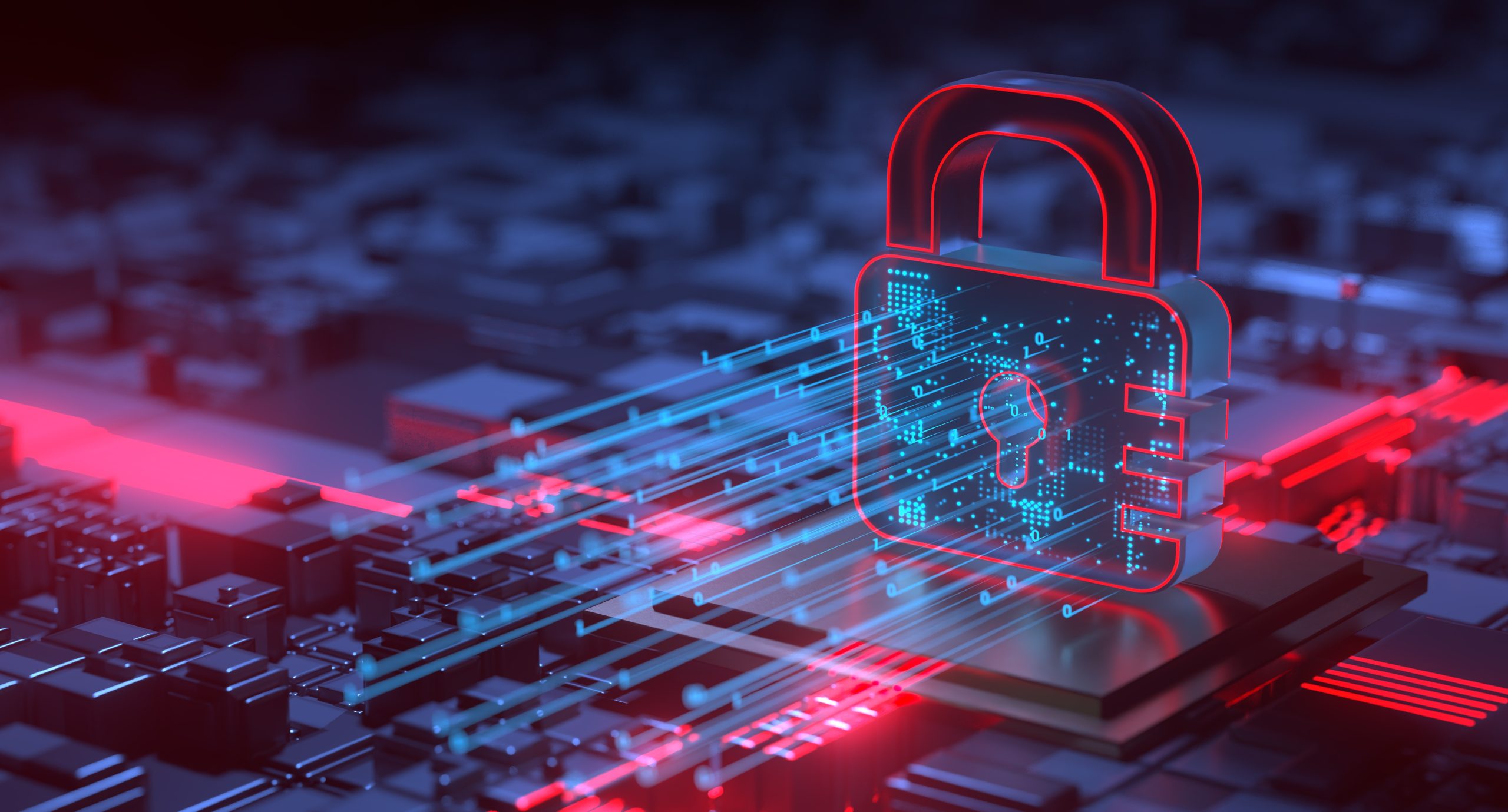In today’s modern world, where technology is constantly evolving and playing a major role in our daily lives, the need for cyber security has become increasingly essential. With more and more people relying on technology for various tasks such as communication, banking, shopping, and even healthcare, the risk of cyber attacks and threats has also increased. Cyber security refers to the protection of computer systems, networks, and data from unauthorized access, theft, or damage. It is a practice that aims to safeguard sensitive information and prevent any disruption of services caused by malicious actors.
With the rise of cyber crimes and cyber warfare, it has become crucial for individuals, businesses, and governments to prioritize cyber security in order to protect themselves and their assets from potential cyber threats. In this article, we will delve deeper into the world of cyber security, its importance, and how we can all take steps to protect our digital world.
The Evolution of Cyber Security
Cyber security has come a long way since its inception in the late 1960s, with the first recorded cyber attack taking place in 1971 when a MIT graduate student used an early form of email to hack into the university’s mainframe and send spam emails. Over the years, as technology evolved and became more advanced, so did the methods used by cyber criminals to exploit vulnerabilities and gain access to sensitive information.
In the 1990s, the internet became widely accessible, leading to an increase in cyber attacks such as viruses, worms, and trojans. The early 2000s saw the emergence of social engineering attacks, phishing scams, and identity theft. As technology continued to advance, so did the methods used by hackers, making cyber security an ever-evolving field.

Since its beginnings in the late 1960s, cybersecurity has made considerable strides, with the first documented cyber attack occurring in 1971
Today, cyber attacks have become a major global threat, with high-profile incidents such as the 2017 Equifax data breach, the 2018 Facebook-Cambridge Analytica scandal, and the 2020 SolarWinds supply chain attack. These incidents have not only affected individuals but also large corporations, government agencies, and critical infrastructure, highlighting the need for robust cyber security measures.
The Rise of Cyber Crime
One of the main reasons behind the increasing importance of cyber security is the rise of cyber crime. Cyber criminals are individuals or groups who use technology to carry out illegal activities such as stealing sensitive information, committing fraud, or disrupting services. According to a report by Cybersecurity Ventures, cyber crime damages are expected to cost the world $6 trillion annually by 2021, up from $3 trillion in 2015.
With the advancement of technology, cyber criminals now have more sophisticated tools and techniques at their disposal, making it easier for them to target individuals and organizations. They can exploit vulnerabilities in networks, steal personal information, and demand large sums of money in exchange for restoring access to systems (known as ransomware attacks).
Moreover, the internet has made it easier for cyber criminals to remain anonymous and reach a global audience, making it difficult for law enforcement agencies to track and apprehend them. With the high potential for financial gain and low risk of being caught, cyber crime has become a highly lucrative business.
Cyber Warfare: A New Form of National Security Threat
In addition to cyber crime, another major concern is cyber warfare – the use of technology to disrupt or damage critical infrastructure or national security. In recent years, there has been an increase in state-sponsored cyber attacks targeting government agencies, military, and other critical infrastructure such as power grids and transportation systems.
In 2010, the Stuxnet worm was discovered, which was designed to target and destroy Iranian nuclear facilities. This incident marked the first-ever known cyber attack on critical infrastructure, highlighting the potential of cyber warfare and its impact on national security.
With the increasing reliance on technology for defense and military operations, cyber warfare has become a major concern for governments around the world. It is a threat that can cause significant damage and disruption to a country’s economy, infrastructure, and citizens, making it imperative for governments to invest in robust cyber security measures.
Cyber Security Threats: What are They and How do They Work?
In order to understand the importance of cyber security, we must first understand the various types of threats that exist in the digital world. Here are some of the most common cyber security threats and how they work:

To grasp the significance of cybersecurity, it is essential to comprehend the diverse array of threats present in the digital realm
Malware
Malware, short for malicious software, is any type of software designed to damage or gain unauthorized access to a computer system. This includes viruses, worms, trojans, and ransomware. Malware often spreads through infected websites, emails, or downloads, and once it gains access to a system, it can either disrupt services or steal sensitive information.
Some of the most infamous malware attacks include the WannaCry ransomware attack in 2017, which affected over 200,000 computers in 150 countries, and the Mirai botnet attack in 2016, which used infected IoT devices to launch a DDoS attack on a major DNS provider, causing widespread internet outages.
Phishing Scams
Phishing scams are a type of social engineering attack where cyber criminals impersonate a trusted entity in order to trick individuals into giving away sensitive information such as login credentials, credit card details, or personal information. These scams are often carried out through fake emails, websites, or messages, and are becoming increasingly sophisticated, making them difficult to detect.
One example of a high-profile phishing scam is the 2016 email attack on Hillary Clinton’s presidential campaign, which resulted in the theft of sensitive information from campaign staff.
Denial-of-Service (DoS) Attacks
A denial-of-service (DoS) attack is a type of attack that aims to disrupt services by flooding a network or system with traffic, causing it to slow down or crash. This can result in significant financial losses for businesses and can also affect critical infrastructure such as transportation systems.
In 2016, Dyn, a major DNS provider, was hit by a massive DoS attack which caused widespread internet outages, affecting popular websites such as Twitter, Netflix, and Airbnb.
Insider Threats
Insider threats refer to malicious attacks carried out by individuals who have authorized access to a company’s network or systems. These individuals could be current or former employees, contractors, or business partners who use their access to cause harm, steal sensitive data, or disrupt services.
In 2019, a former employee of Tesla was charged with sabotage after he hacked into the company’s systems and shared confidential information with third parties.
The Impact of Cyber Attacks: Financial Losses and Reputational Damage
The impact of cyber attacks goes beyond just financial losses. In fact, the effects of a cyber attack can be far-reaching and long-lasting, affecting not only the targeted organization but also its customers, partners, and even the general public. Here are some of the main consequences of a successful cyber attack:

The consequences of cyber-attacks extend beyond mere financial losses
Financial Losses
One of the most obvious impacts of a cyber-attack is financial loss. In addition to the costs associated with recovering from an attack, organizations may also face legal fees, regulatory fines, and potential lawsuits. Moreover, the loss of sensitive data or intellectual property can also hurt a company’s competitive advantage and lead to a decline in revenue.
According to the Cost of a Data Breach Report by IBM, the average cost of a data breach in 2020 was $3.86 million, with the healthcare industry experiencing the highest cost at $7.13 million.
Reputational Damage
A successful cyber attack can also result in reputational damage for an organization. Customers may lose trust in a company if their personal information is compromised, leading to a decline in sales and a damaged reputation. This can have long-term consequences for a business, as it may take time to regain the trust of customers and stakeholders.
For example, after the Equifax data breach in 2017, the company’s stock price fell by 14% and they faced numerous lawsuits from customers whose personal information was stolen.
Disruption of Services
Cyber attacks can also cause disruptions in services, leading to downtime, delays, or even shutdowns. This can significantly impact businesses that rely on technology to operate, such as e-commerce platforms, online banking, and healthcare systems.
In 2017, the WannaCry ransomware attack caused major disruptions to the UK’s National Health Service (NHS), with over 19,000 appointments being cancelled and patients being turned away from hospitals.
Cyber Security Measures: How to Protect Your Digital World
With the increasing number of cyber threats, it has become more important than ever to prioritize cyber security. Here are some measures you can take to protect yourself and your digital world:
Strong Passwords
One of the simplest ways to enhance your cyber security is to create strong and unique passwords for all your accounts. A strong password should be at least 12 characters long and include a combination of upper and lower case letters, numbers, and special characters. It is also recommended to use a password manager to generate and store your passwords securely.
Furthermore, enable two-factor authentication (2FA) whenever possible, which adds an extra layer of security by requiring a code or biometric verification in addition to your password.
Regular Software Updates
Software vulnerabilities are one of the main entry points for cyber criminals. Therefore, it is important to regularly update your operating system, software, and applications to ensure all security patches are applied. This reduces the risk of exploits being used by cyber criminals to gain access to your system.
Use Antivirus Software
Antivirus software can help detect and remove malware from your devices. Make sure to use a reputable antivirus program and keep it updated to ensure maximum protection against the latest threats.
Be Wary of Suspicious Emails and Websites
As mentioned earlier, phishing scams are becoming increasingly sophisticated, making it difficult to differentiate between legitimate emails and malicious ones. Therefore, it is important to be cautious when opening emails from unknown senders or clicking on links from unfamiliar sources. Additionally, be wary of suspicious websites and always check for the secure “https” in the URL before sharing any sensitive information.
Back up Your Data Regularly
In case of a cyber attack, having a backup of your data can save you from significant losses and disruptions. Therefore, make sure to regularly back up your data to an external hard drive or cloud storage service.
The Role of Businesses in Cyber Security
While individuals have a responsibility to protect their own digital world, businesses also play a crucial role in cyber security. As mentioned earlier, a successful cyber attack can have severe consequences for a business, including financial losses, reputational damage, and disruption of services. Therefore, it is imperative for businesses to prioritize cyber security.
Educating Employees
One of the main vulnerabilities in a company’s cyber security is its employees. Human error can often lead to breaches and compromises, making it essential for organizations to invest in employee training programs to raise awareness about cyber threats and how to prevent them.
Implementing Strong Security Measures
Businesses should implement strong security measures such as firewalls, intrusion detection systems, and access controls to protect their networks and systems. Furthermore, regular security audits and penetration testing can help identify vulnerabilities and weaknesses that need to be addressed.
Cyber Insurance
In addition to implementing strong security measures, businesses can also mitigate their risk by investing in cyber insurance. Cyber insurance provides coverage for financial losses, legal fees, and other expenses associated with a cyber attack, helping organizations recover from an incident more quickly.
The Future of Cyber Security
As technology continues to advance, the threat landscape will also continue to evolve, making cyber security an ever-changing field. With the rise of emerging technologies such as artificial intelligence, Internet of Things (IoT), and cloud computing, new vulnerabilities and threats are likely to emerge.
Additionally, as more devices become connected to the internet, the attack surface also increases, making it harder to secure all endpoints. This highlights the need for continuous innovation and adaptation in the world of cyber security.
Moreover, with the ongoing COVID-19 pandemic, the importance of cyber security has become even more evident. As more people work remotely and rely on digital platforms for communication and services, the potential for cyber attacks and data breaches has also increased.
Conclusion
In today’s digital age, where technology has become an integral part of our lives, the need for cyber security has become undeniable. Cyber attacks are becoming more frequent and sophisticated, causing significant financial losses and reputational damage to individuals, businesses, and governments.
It is important for everyone to take steps to protect their digital world, whether it is creating strong passwords, regularly updating software, or being cautious of suspicious emails and websites. Businesses also have a crucial role to play in cyber security by educating employees, implementing strong security measures, and investing in cyber insurance.
As technology continues to evolve, so will the methods used by cyber criminals to exploit vulnerabilities and gain access to sensitive information. Therefore, it is essential for all of us to stay informed and adapt to the changing threat landscape in order to safeguard our digital world.
